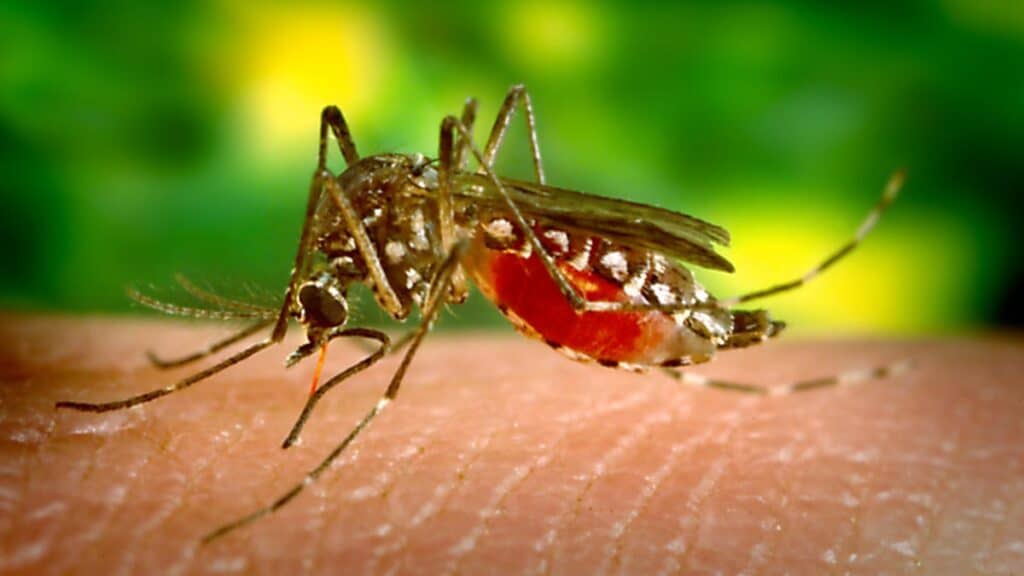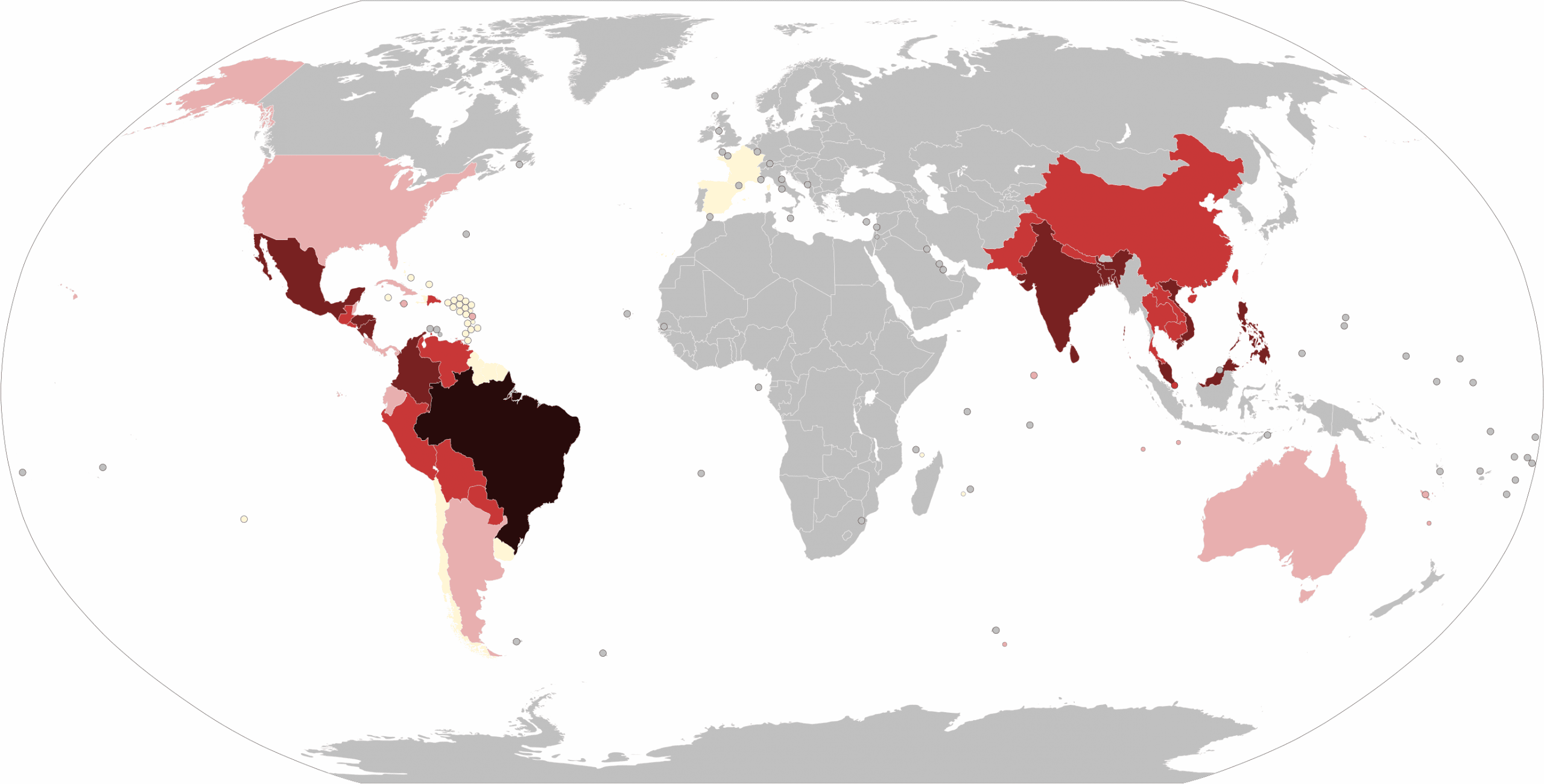Apparently, Arizona is now the target of a severe mosquito-borne virus. Last week, medical authorities in Maricopa said that a local citizen had caught dengue, and regular monitoring has since shown evidence of dengue disease in at least one local mosquito vector. While the research is still underway, these findings raise the possibility that the illness is propagating regionally inside the country for the first time.
It was reported Monday that a human case of dengue had been confirmed by the Maricopa County Department of Public Health (MCDPH), albeit no other information on the patient was supplied. Also disclosed was the fact that the virus was found in mosquito specimens obtained from a catcher in a residential area of Maricopa County only last month. Dengue fever has been documented in Arizona previously, but those instances included patients who had just returned from dengue-endemic nations. Authorities said this may be the first regionally disseminated episode of dengue documented in the region and the state based on monitoring data.
According To MCDPH
“While previous dengue cases in Maricopa County have been related to travel to countries where dengue commonly occurs, it is important to understand if others could have been exposed or if this is an isolated incident,” said Nick Staab, medical epidemiologist, in a statement released by the MCDPH. “This is in addition to our routine investigations of anyone suspected to have dengue or other mosquito-borne diseases.”
How Does Dengue Spread
Mosquitoes with the dengue virus are the primary vectors of disease transmission. The majority of contaminated persons will remain asymptomatic, but around one in eight will have flu-like signs, as reported by the CDC. Sequelae from dengue, such as blood poisoning and collapse, may be fatal in around one in twenty persons who have the virus. Transmission with any one of the virus’s four main serogroups does not offer protection against future infections with any of the other kinds. In fact, it makes you more susceptible to a severe form of dengue if you get any other strain of the virus.
Dengue fever is most prevalent in the planet’s warmest and most rainy regions, but the World Health Organization estimates that the virus is currently endemic in more than 100 nations. Analysts fear that dengue and other mosquito-borne diseases may become a regional issue in sections of the globe that have never had to deal with them before, such as most of Europe as well as the United States.
Doctors from Maricopa aim to provide mosquito preventive supplies and testing to households in the region to see whether any of them have had dengue during the previous few months.



